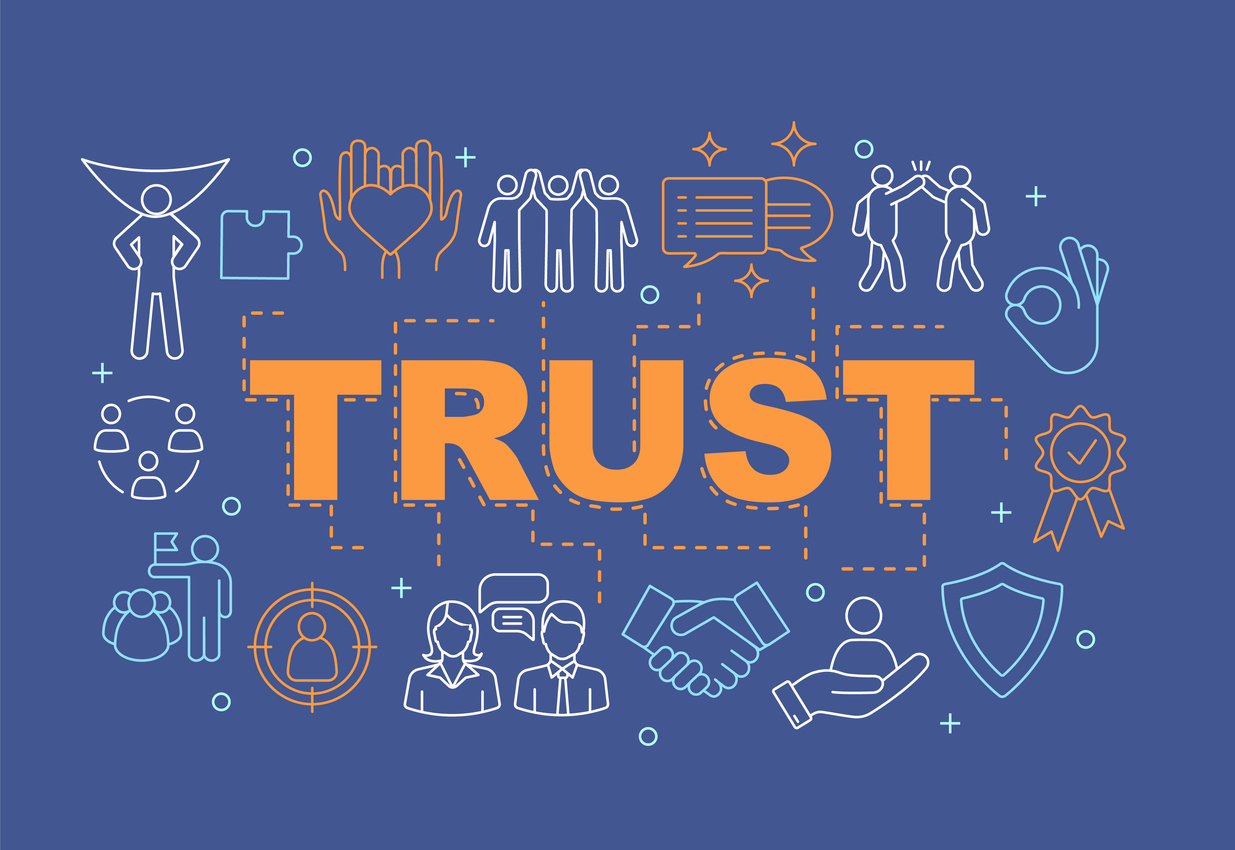Reference Coverage Analysis of OpenAlex compared to Web of Science and Scopus
OpenAlex is a promising open source of scholarly metadata, and competitor to the Web of Science and Scopus. As OpenAlex provides its data freely and openly, it permits researchers to perform bibliometric studies that can be reproduced in the community without licensing barriers. However, as OpenAlex is a rapidly evolving source and the data contained within is expanding and quickly changing, the question naturally arises as to the trustworthiness of its data. In this paper, the reference and metadata coverage within each database will be studied and compared with each other.




